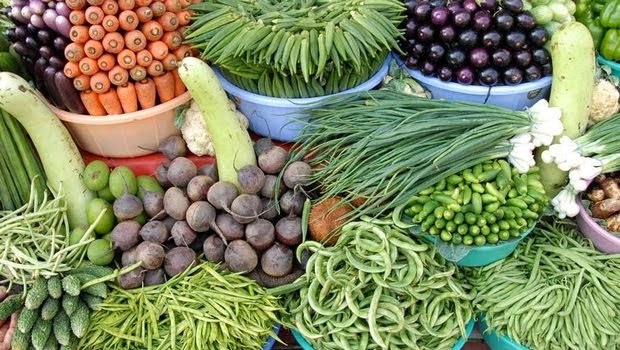Scientists and policy makers world over are struggling to wrestle with the increasing dangers posed by the obesity epidemic which is not showing any abatement in spite of several measures taken by their governments. Food was compared with Tobacco and every body thought that making bad food costlier would persuade consumers from buying them frequently but this has not worked in a few countries which tried this approach. Industry was targeted in some countries to compel it to make only "good" foods though no one is sure what is a good food! No matter how much pressure the government puts on the industry, it is not to be forgotten that industry does not work for charity, being profit driven after heavy investments. One of the biggest mysteries of modern times is why obesity is more or less prevalent in economically rich countries, that too in the western continents though Japanese are least prone to obesity in spite of being a rich country. Same is true with Scandinavian countries where economic growth has not distorted their diets. It is a tragedy that many countries emerging as neo-rich ones are emulating the bad example of the US where the diets are predominated by red meat, fried foods and fat rich products churned out by the industry. On the other end too much dependence on starchy foods based on cereals can also be disastrous when it comes to good health. Here is a sharp analysis about the dynamics of obesity seen from the perspectives of dispassionate health pundits.
"Where is the best place in the world to eat? It all depends, as new calculations from Oxfam show, on what you mean by 'good'. Food in the United States is cheap, abundant, varied and tasty, but it might not be all that good for you - too much fat and sugar have led to 36 percent of Americans being diabetic and 46 percent obese. Japan's food, by contrast, is much healthier, but it's extremely expensive and not as varied. At the bottom end of the Oxfam table are countries like Chad and Angola, where food can be unaffordably expensive and not very nutritious. It can also be quite dull. In Madagascar (fourth from bottom) 79 percent of the food eaten comes from grains and starchy roots, with very little meat, fish, fruit or vegetables. Perhaps the most interesting figures are not from the richest or poorest countries, but those in between - emerging economies making the transition to middle- or higher-income status. Some of the unhealthiest diets of all are in places like Fiji and Mexico, where more than 40 percent of adults are not merely overweight, but obese. The mechanism is no mystery. As people get richer, they want to eat more meat, fish and dairy products, more fried food, more sweets and cakes, washed down with fizzy drinks. Favourite foods vary from country to country, but the dietary transition is the same all over the world. Combined with moving to the cities, having less time to cook and leading less active lives, the dietary shift has brought expanding waistlines and an epidemic of ill-health.The number of overweight or obese people in the developing world tripled between 1980 and 2008."
Sugar and fat are by far the most indicted food components that are implicated in high BMI among people in countries like the US. As the industry turns out more and more mouth watering varieties of processed foods with high convenience factor and rich in these two food ingredients, that too at a fraction of the cost of a nutrition dense fruit or vegetable, consumer just loses his appetite for buying healthy foods, in spite of knowing that sugar and fat rich foods are not good for the health! Obesity is a personal choice if one looks at the freedom consumers enjoys in buying what food is good for him though the food "environment" can over ride his logical choice. Recent revelation that the food habits are formed during the early childhood when kids are enrolled in kindergarten and improper handling of them during these formative years can create future obese people is indeed scary. Similarly cravings for high calorie foods are controlled by the brain and the way it is wired in different people! All these can only further make the world desperate vis -a-vis obesity and as of now the only route for attaining better sanity is through appropriate education at the appropriate time.
http://vhpotty.blogspot.com/
http://foodtechupdates.blogspot.com

No comments:
Post a Comment